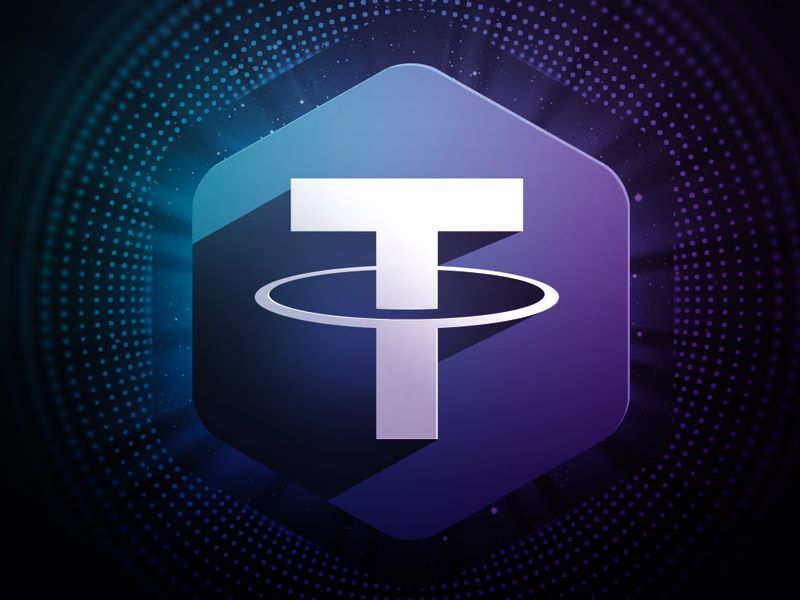The collaboration with Brazilian payments company SmartPay will begin on November 3.
Tether announced on Thursday that it intends to make its USDT cryptocurrency—the world’s dominant stablecoin by market capitalization—available at over 24,000 ATMs across Brazil.
“The difficulties and limitations imposed by inflation and a less-than-inclusive financial system have prevented many Brazilians from participating in the country’s growing economy,” Tether’s CTO Paolo Ardoino said in a statement. “By adding tether tokens to ATMs across Brazil, we can include more people in the financial system.”
ATM users in Brazil will soon be able to convert Brazilian reals to USDT and vice versa, as well as send their USDT anywhere in the world, in real time.
“This will have a major changes not only on the payments industry but also on the entire Brazilian financial ecosystem,” Ardoino said.
Tether partnered with Brazilian payments company SmartPay to help integrate USDT with Brazilian payment system PiX and TecBan, Brazil’s largest ATM provider, to expand USDT’s presence in South America’s largest economy. The program is scheduled to begin on November 3.
In recent years, cryptocurrency, particularly stablecoins like USDT, has grown in popularity in Latin American markets. Consumers are drawn to them for their accessibility as well as their utility as stores of value, which have frequently proven to be less volatile than national currencies.
Stablecoins, such as USDT, are typically tied to the value of the US dollar and collateralized by real-world assets audited by American financial institutions. As a result, they’ve gained traction as financial products that combine the autonomy of a crypto asset with the stability of dependable fiat money.
USDT has a market capitalization of more than $68 billion. It is heavily used by both consumers looking for a stable store of value and cryptocurrency traders looking to enter and exit trades quickly without needing to access hard cash.
Brazil’s economy has been plagued by high inflation for well over a year. In September, inflation fell below 9% for the first time since June 2021. According to the Brazilian tax authority Receita Federal, reliance on stablecoins will have more than tripled by 2021.
As Tether’s global dominance has grown, the company has taken steps to improve public perception of its stability and transparency. Tether announced last week that it had completely eliminated commercial paper from its reserves and would replace it with US Treasury Bills. The main goal of the action, according to most observers, was to assuage American regulators who were worried about the stability of the company’s asset reserves.





